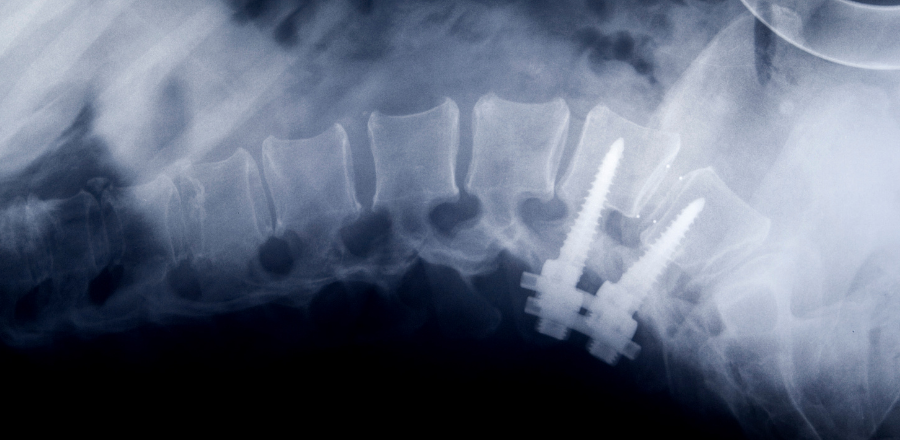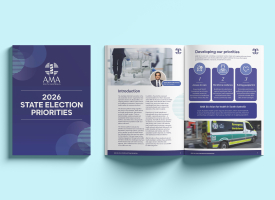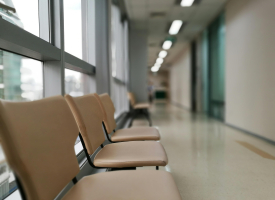Prostheses reforms welcome, but more needed to make private health sustainable
The AMA welcomes details of Prostheses List reforms, but wants more done to improve the affordability of private health insurance.

The AMA welcomes details of Prostheses List reforms, but wants more done to improve the affordability of private health insurance.
The Australian Medical Association (AMA) welcomes reforms to the Prostheses List for medical devices as a step in the right direction, however, more needs to be done to improve the affordability of private health insurance.
AMA President Dr Omar Khorshid said anticipated savings of $900m delivered by a more efficient prostheses pricing structure must be fully passed on to consumers by health insurers but will only make a modest difference to health insurance premiums.
The Minister for Health and Aged Care, Greg Hunt, last week announced reforms that he said would better align prices in the private system with those paid in public hospitals.
“We welcome the next steps in the reform of the Prostheses List and this takes us a step closer to achieving a modern, fit-for-purpose Prostheses List that ensures the private sector is paying competitive prices for all medical devices,” Dr Khorshid said.
“Since the Government announced its intention to reform the Prostheses List in the last Budget, the AMA has been working to ensure that planned changes would not impact negatively on patients and that clinicians would still be able to choose the right device for their patients, based on their clinical needs.
“Despite these changes, the private health system remains at a tipping point and substantial reform is required to Private Health Insurance if the critical balance between public and private sectors is to survive.”
The AMA’s Prescription for Private Health Insurance outlines a range of changes that are needed to make insurance more affordable for consumers.
It is vital that these changes are considered without delay so that private hospitals, insurers and doctors can continue to provide high quality care to millions of Australians and help relieve the pressure on our logjammed public hospitals.



